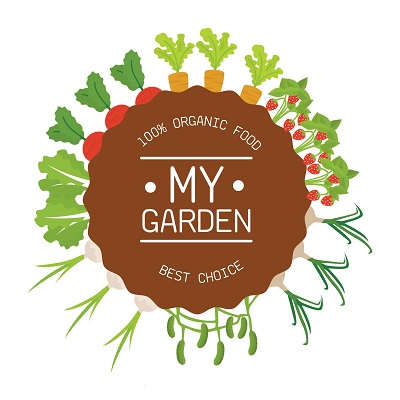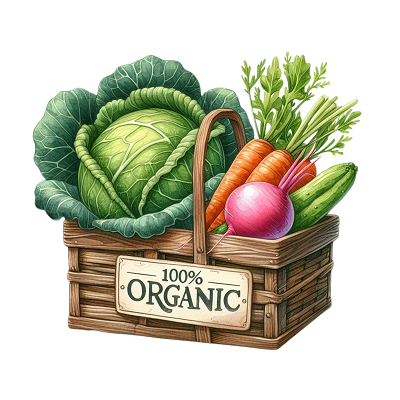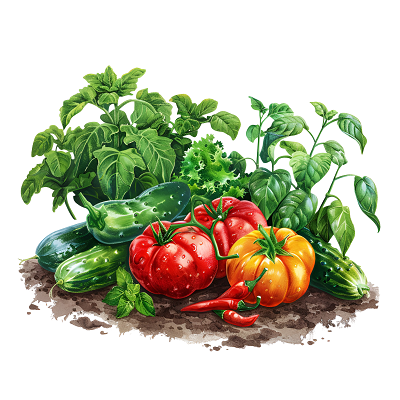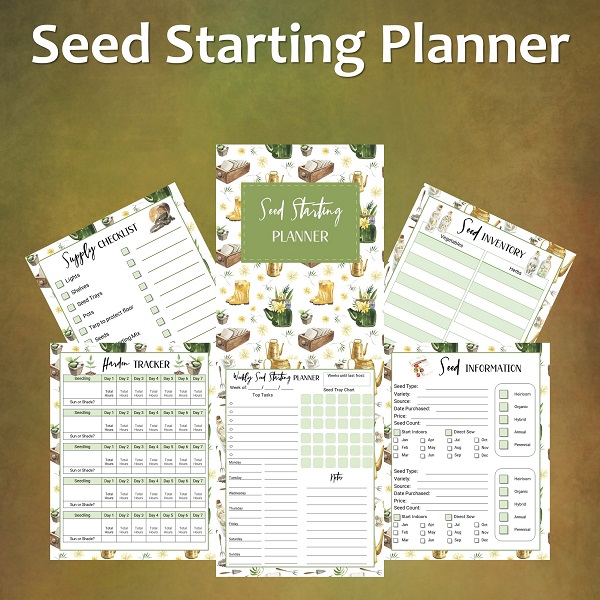Leila
 For years, it is proven that a crumbly and nutritious soil is needed to yield healthy produce. Organic gardeners have done this and have achieved great, consistent results. That’s why before planting they try to find or create a soil rich in humus – decaying vegetable and animal matter – and thickly populated living organisms.
For years, it is proven that a crumbly and nutritious soil is needed to yield healthy produce. Organic gardeners have done this and have achieved great, consistent results. That’s why before planting they try to find or create a soil rich in humus – decaying vegetable and animal matter – and thickly populated living organisms.
Worms and bacteria are an important requirement to a healthy soil. They are responsible for breaking down humus into plant nutrients. Using chemicals, according to organic gardeners, interferes with this complex process. In the end, the chemical interference destroys most of the organism in your soil – and your plants ultimately suffer.
Starting Your Organic Garden
A popular adage says; knowledge is the key to successful organic gardening. Many still discourage the practice of organic gardening for the reason of it being impractical and expensive. Well, nothing could be further from the truth. Organic gardening has existed even before our great grandfathers were born. Continue reading
 Gardening organically is a great way to ensure your family and friends eat healthy from the earth, but it does present some challenges. The biggest challenges are in taking care of pests and fighting disease in order to grow a beautiful and bountiful harvest. Here are some of the homemade solutions to these organic gardening problems.
Gardening organically is a great way to ensure your family and friends eat healthy from the earth, but it does present some challenges. The biggest challenges are in taking care of pests and fighting disease in order to grow a beautiful and bountiful harvest. Here are some of the homemade solutions to these organic gardening problems.
Aphids
Aphids can be successfully treated with either of the following sprays. The key to either is making sure you are diligent in spraying all the leaves, including the undersides.
Oil and soap spray – Take 2 teaspoons of Mineral oil and add in 2 or 3 minced garlic cloves. Let it steep for about 24 hours, then strain. Next add 1 teaspoon liquid dish soap and 1 pint of water. Use 1-2 tablespoons of this mix with a full spray bottle of water. Always test it on a leaf first to make sure it does not harm it. If it does, dilute it with more water and try again. Continue reading
 Maybe you’ve vaguely heard of something called plant rotation and you were told it’s a good idea for your organic garden, but you’re not sure why you should do it and what exactly is involved. The easiest way to explain it is the same type of crop should not be planted in the same spot two years in a row.
Maybe you’ve vaguely heard of something called plant rotation and you were told it’s a good idea for your organic garden, but you’re not sure why you should do it and what exactly is involved. The easiest way to explain it is the same type of crop should not be planted in the same spot two years in a row.
It’s not enough to just rotate your plantings, you should rotate types. This makes it trickier, but certainly not impossible. Learn what plants are in which category and proceed with this knowledge when you start digging in the soil next season.
Why should you do this? Plants use the nutrients in the soil but not all plants use the same nutrients. The soil needs to build up again instead of losing the same nutrients year after year, which is what would happen if you have the same crop in the same spot.
The same plantings in the same spot weaken the soil, which is turn leads to weaker plants and invites disease. More than half the battle with organic gardening is preventing disease in the first place. Continue reading



